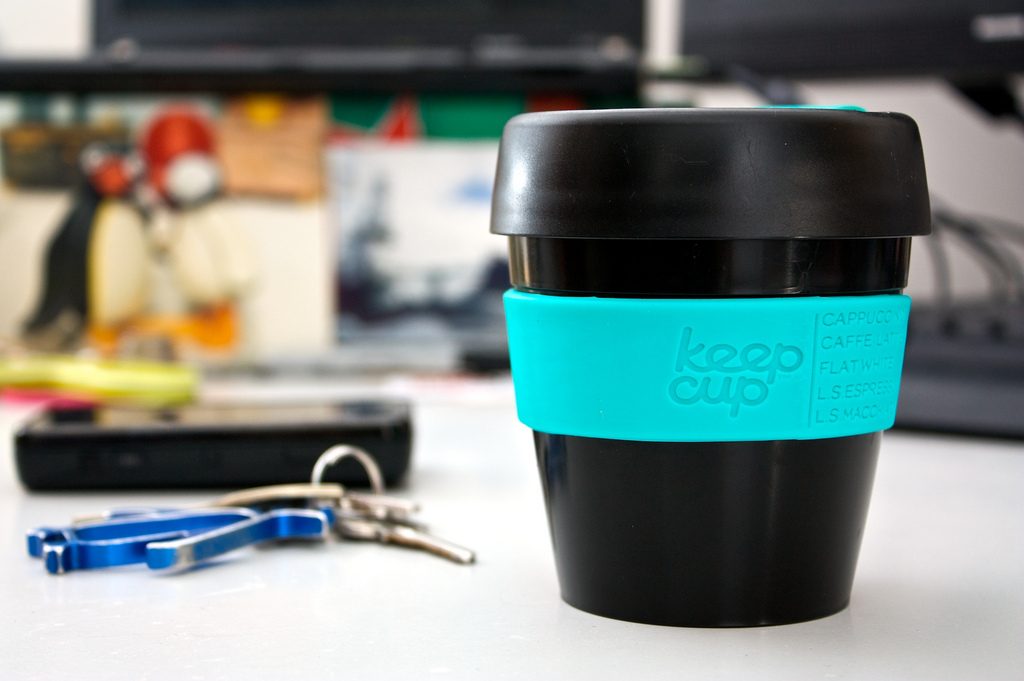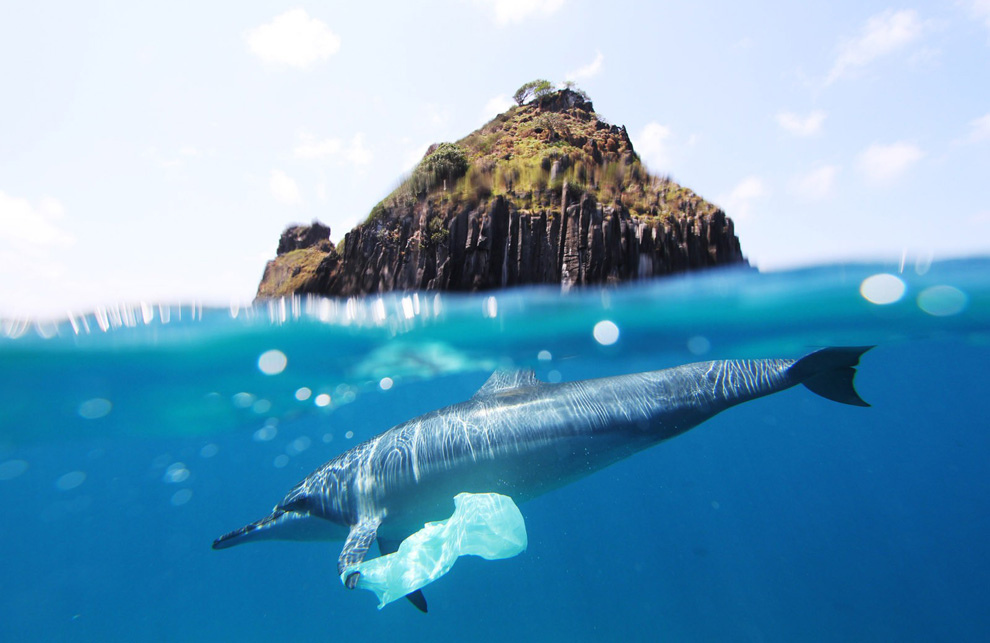Waste Reduction Bill badly needed to tackle escalating plastic problem, Committee hears

January 17th, 2018
The Government must support the straightforward and progressive policies in the Green Party’s Waste Reduction Bill to tackle our escalating plastic problem, the Oireachtas Environment Committee heard today.
Speaking before the Committee this afternoon, Mindy O’Brien, the Coordinator of VOICE – a leading environmental charity focused on tackling plastic pollution – said that new measures must be brought in immediately to tackle the growing problem.
Launched in June 2017, the Green’s Bill outlines plans to tackle this issue, calling for an outright ban on single-use non-recyclable plastics such as coffee cups and plastic cutlery by 2020.
The Bill, voted against by the Government last year, also seeks to introduce a deposit and return scheme (DRS) for beverage containers such as cans and plastic bottles.
The Green Party argue that this scheme will lead to higher recycling rates, cut littering of beverage containers, save money on clean-ups and create new green jobs in Ireland.

Plastic Bottles Photo: Daniel Orth
Deposit Return Scheme
In countries where a system has been implemented, including the Netherlands, Sweden, and Finland, results have been positive with return rates reaching 80 to 95 per cent.
Ms O’Brien told the Committee that the Green’s proposal is similar to a “very popular and effective” scheme for glass bottles that was the norm in Ireland until we joined the rest of the world in using single-use drinks containers.
As a result, we now generate around 3 billion single-use plastic bottles, over 582 million aluminum cans and 718 million glass bottles in Ireland every year.
“As the contents of our city and town public bins and litter are rarely sorted to claim recyclable packaging, plastic and glass bottles and aluminum cans, this material goes directly to incineration or landfill, thus losing valuable resources forever either through disposal or by entering and damaging our natural environment,” said Ms O’Brien.
The issue is set to be further complication by the recent decision to ban the importation of solid waste including plastic by China, where the vast majority of Ireland’s plastic waste currently ends up.
According to Green Party leader Eamon Ryan, TD, China’s move to block the influx of “foreign garbage” makes the case for his party’s Bill even stronger. “Our whole approach will have to change as a result of this decision,” he said.
“Ireland needs to go switch on to the circular economy that the European Union wants to see unfold. We hope to see the Irish Government join them in making this switch.”

Keep Cup Photo: penguincakes
Ban on Disposables Items
The Waste Reduction Bill also proposes a ban on the sale or free distribution of non-compostable, disposable plastic cups, glasses, plates and other tableware from January 2020.
Ms O’Brien said that this “simple ban” could see Ireland follow in the footsteps of successful pioneer initiatives in France, Taiwan, and South Korea, as well as many states across the US.
Ms O’Brien warned, however, that any ban on plastic packaging may violate the EU Packaging Directive. She told the Committee that a levy on the likes of plastic drinks bottles and disposable coffee cups at the point of sale – similar to the successful plastic bag levy – would better address this issue.
“A levy, like the plastic bag tax, would make consumers think about the packaging and single-use items they use and hopefully encourage them to make choices that would reduce the use of such items,” she added.
Assistant Secretary for Waste Policy at the Department of Climate Action and the Environment, Matt Collins, said that Minister Denis Naughten was also concerned with potential breaches of EU regulations. Mr Collins supported the call for a levy as a “more suitable approach” to tackle the issue and encourage behavioural change across society.
The Government has recently floated the idea of introducing a 15 cent latte levy on disposable coffee cups in an effort to reduce the estimated two million cups going into landfill in Ireland every day.
Industry Reservations
Neil Walker of Ibec, however, said that a levy would be seen by the public as a “regressive tax”, adding that his organisation would be unable to support the “well-intentioned but somewhat vague” Bill.
In particular, Mr Walker said that the proposed DRS would have “very large running costs” for retailers which would be pushed onto the Irish consumers through increased prices in shops.
He added that the scheme would also undermine the financial viability of the likes of REPAK by taking plastic bottles and cans out of the green bin waste stream.
While supportive of the general aspirations of the Bill, representatives of Retail Ireland, Food Drink Ireland and the Retail Grocery Dairy & Allied Trades Association and REPAK also expressed general reservations with the Bill.

dolphin plastic bag at fernando de noronha Photo: Jedimentat44
Our Plastic Problem
By 2015, humans produced 6.3 billion tonnes of plastic waste – equivalent to the mass of 620,000 Eiffel Towers or 60 million blue whales. Only 9 per cent of this plastic waste was recycled and 79 per cent went to landfill or found its way into the environment.
Within Europe, Ireland is currently the top producer of plastic waste, producing 61kg of plastic waste per person each year. This is 9kg more than the second worst offender, Luxembourg.
A 2017 litter survey carried out by Coastwatch Ireland found that 80 per cent of coastal sites surveyed contained litter. Plastic bottles are outlined as the main culprit in the survey, with researchers finding an average of 18 bottles every 500m surveyed along our coasts.
According to Dr Tom Ryan of the Environmental Protection Agency (EPA), plastics made up 29 per cent of the 980,000 tonnes of packaging waste produced in Ireland in 2015.
While Ireland is currently meeting its recycling targets in this area, Dr Ryan warned that we will struggle to meet targets envisioned in the EU circular economy package.
[x_author title=”About the Author”]







